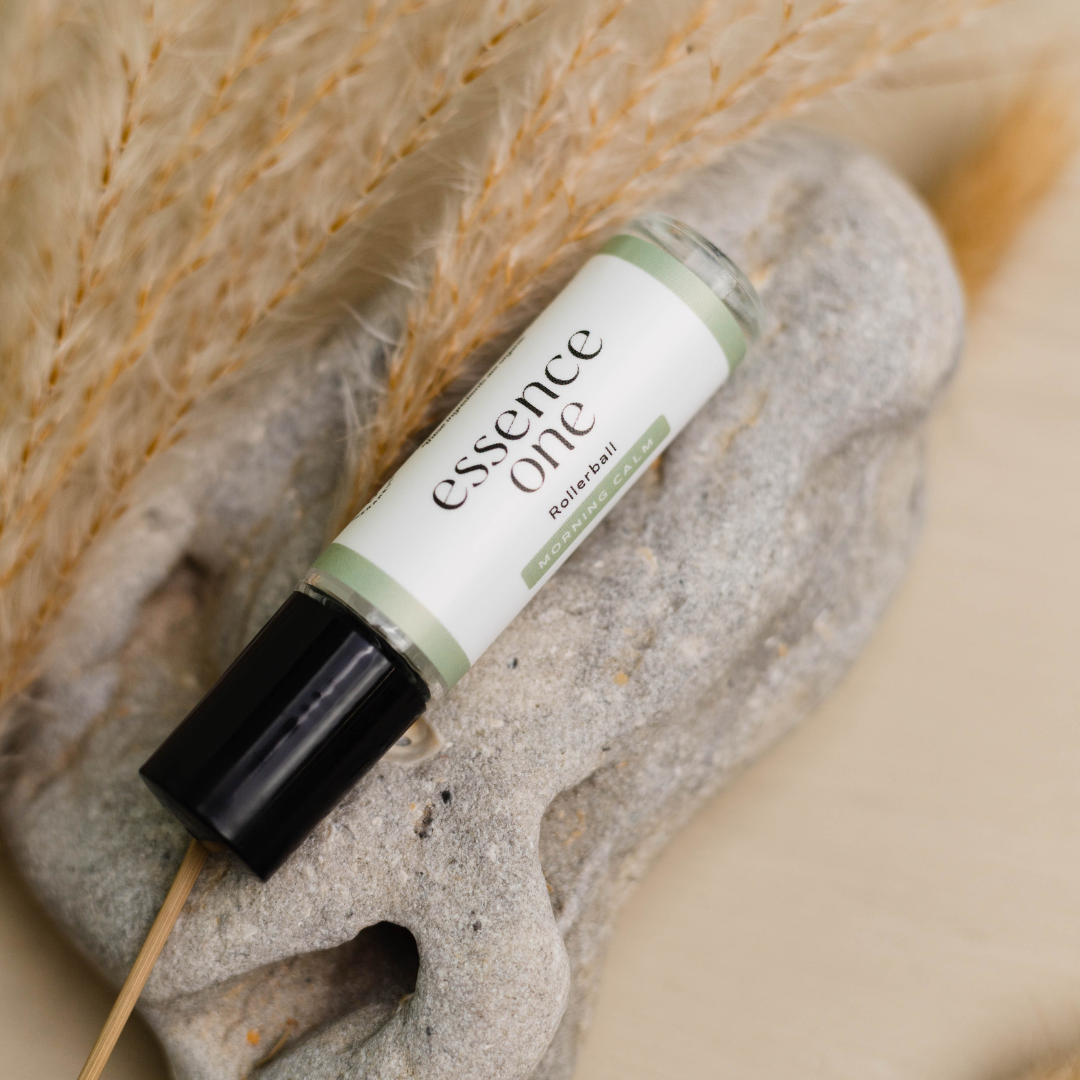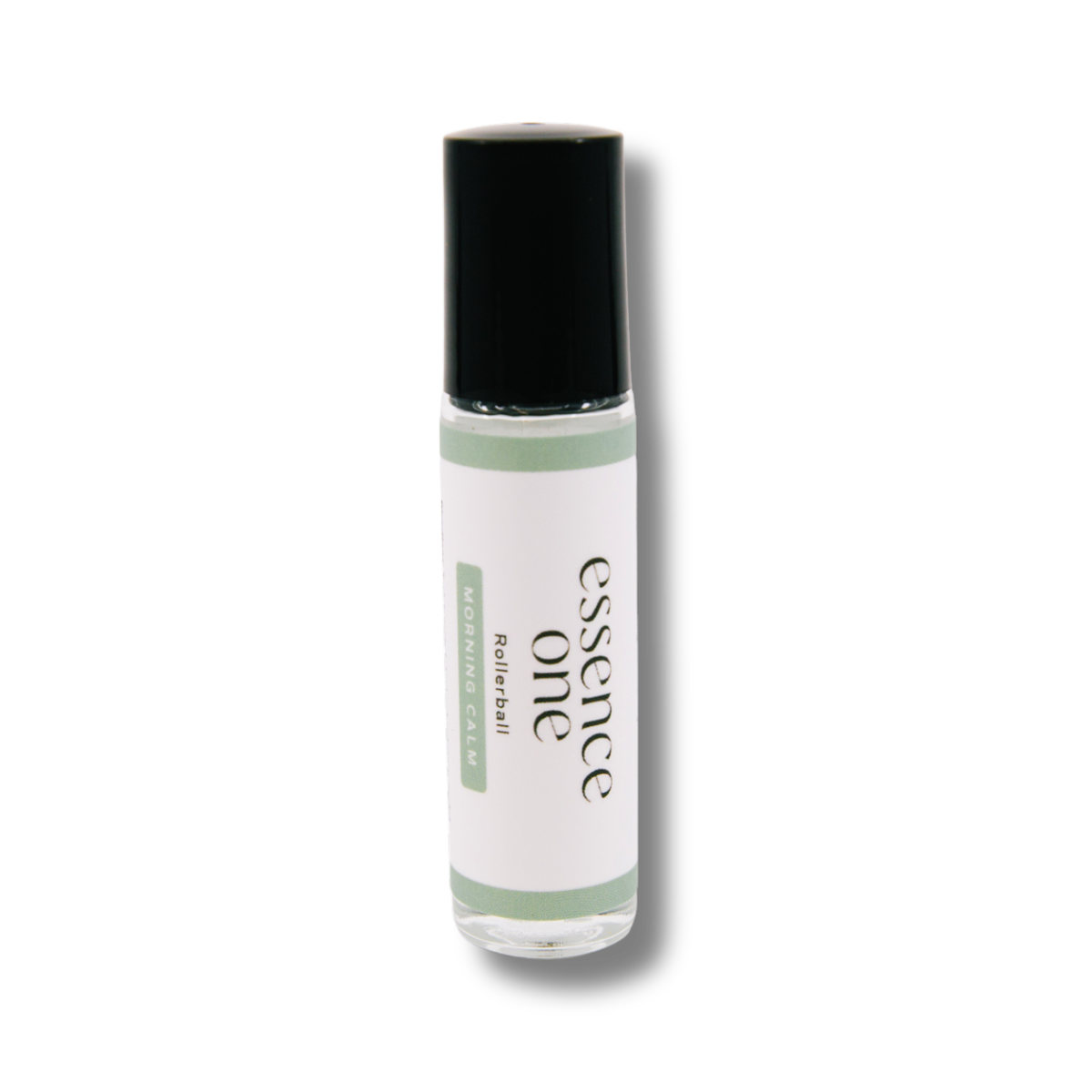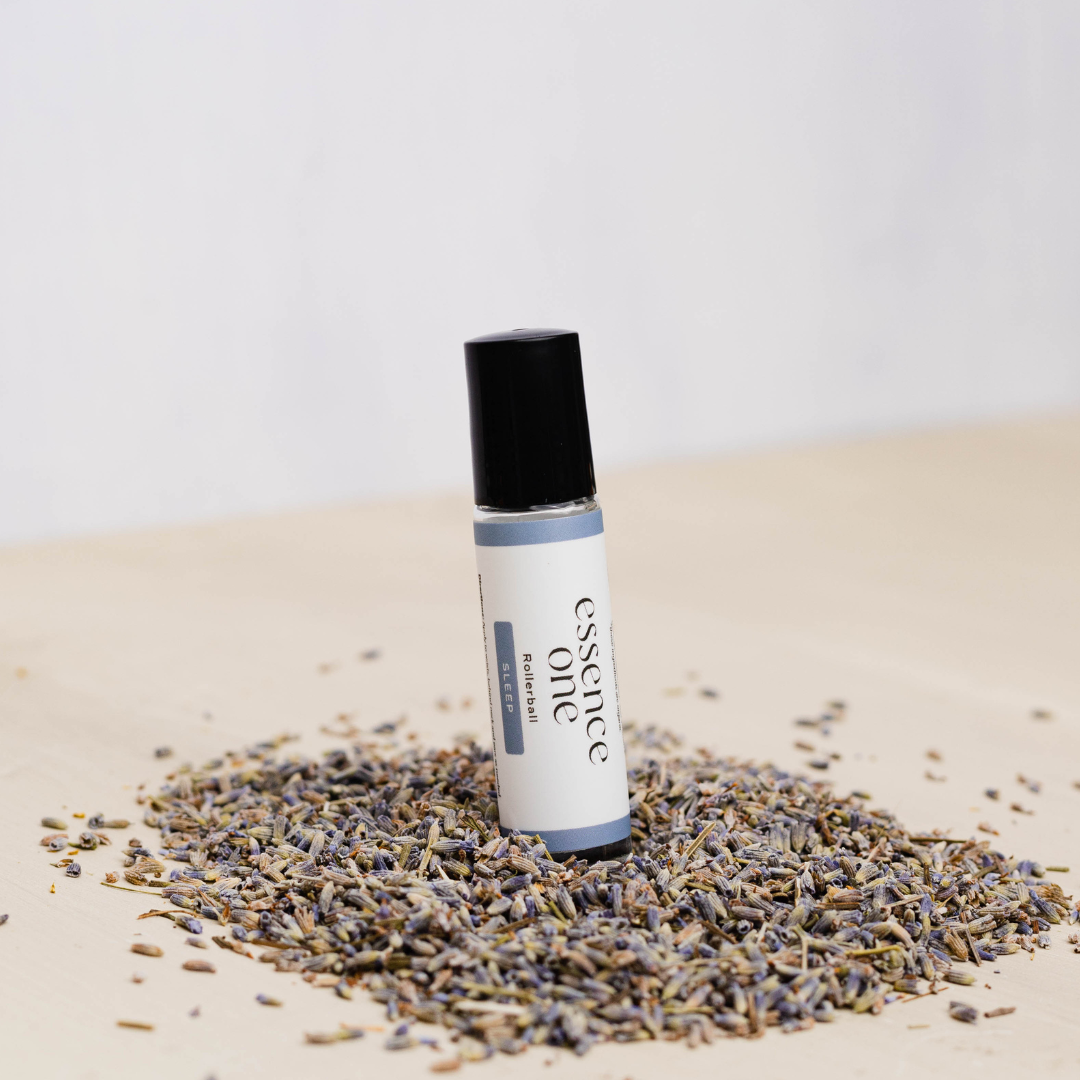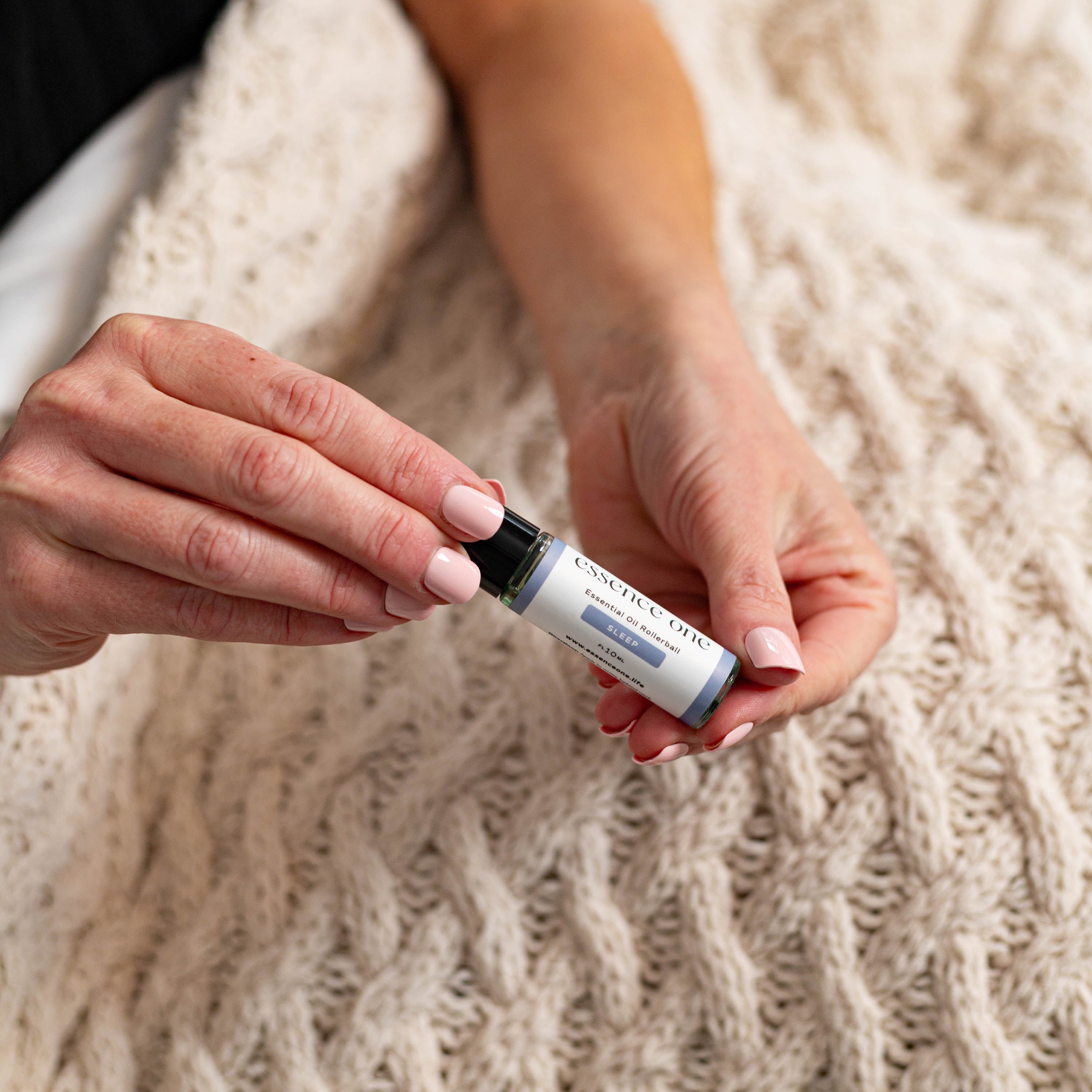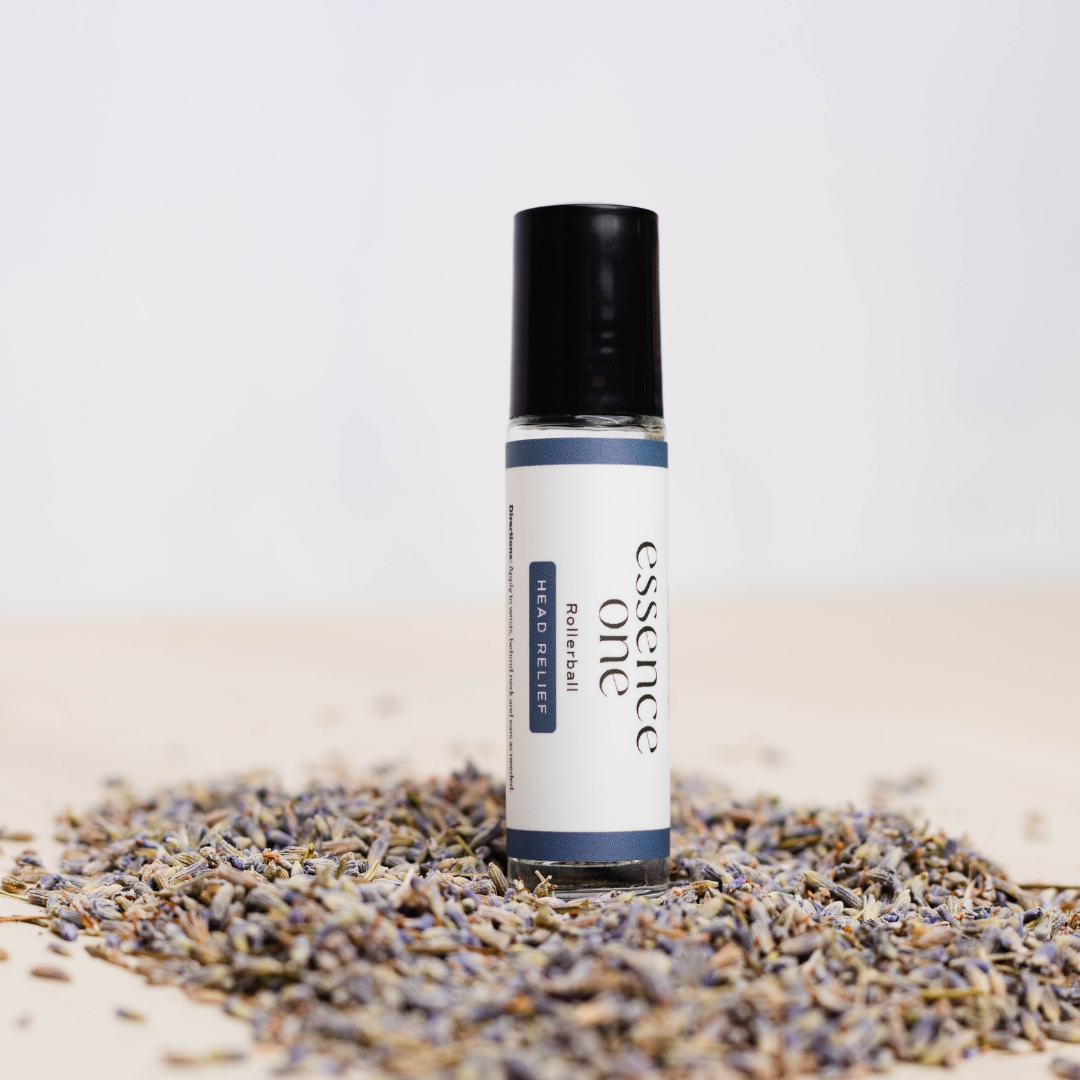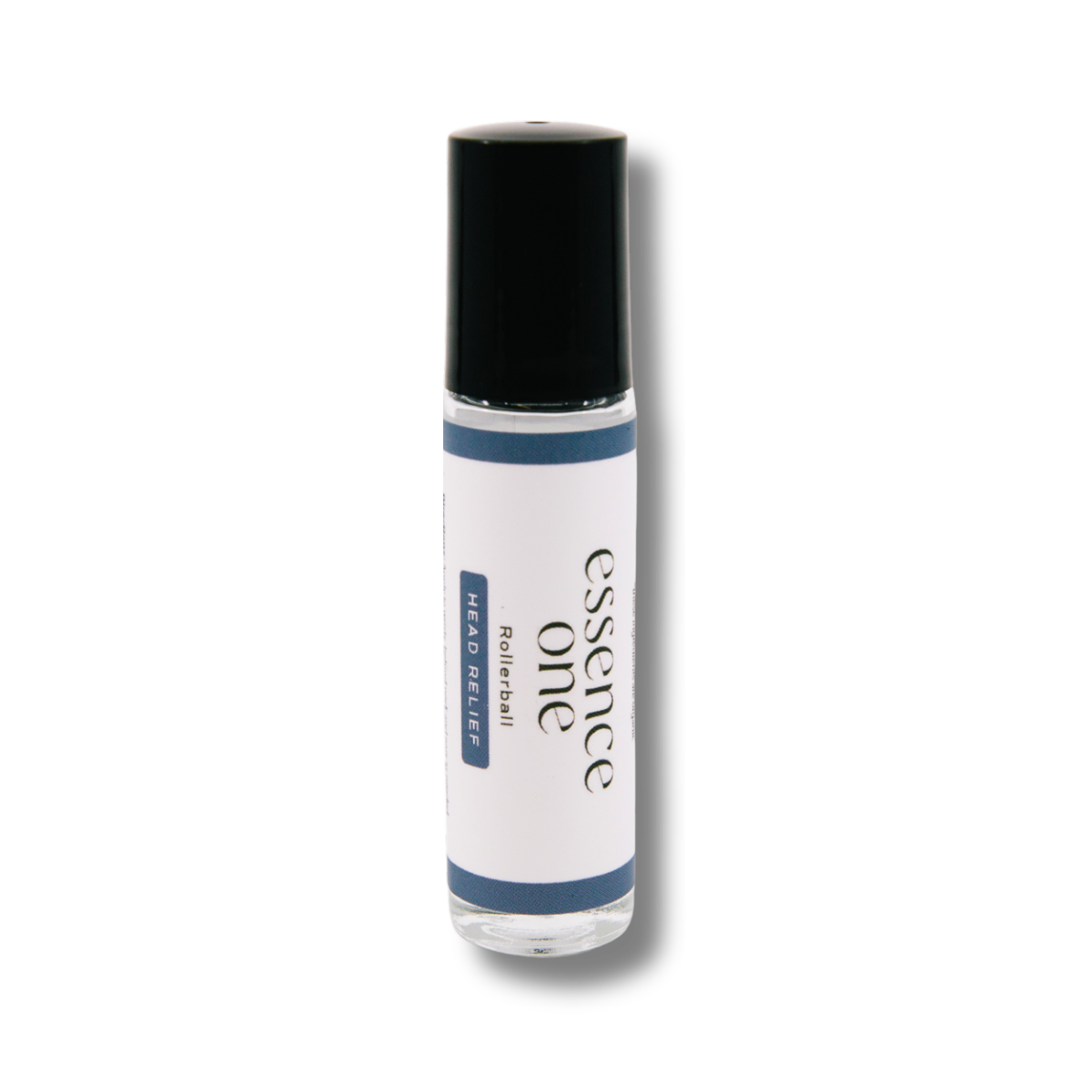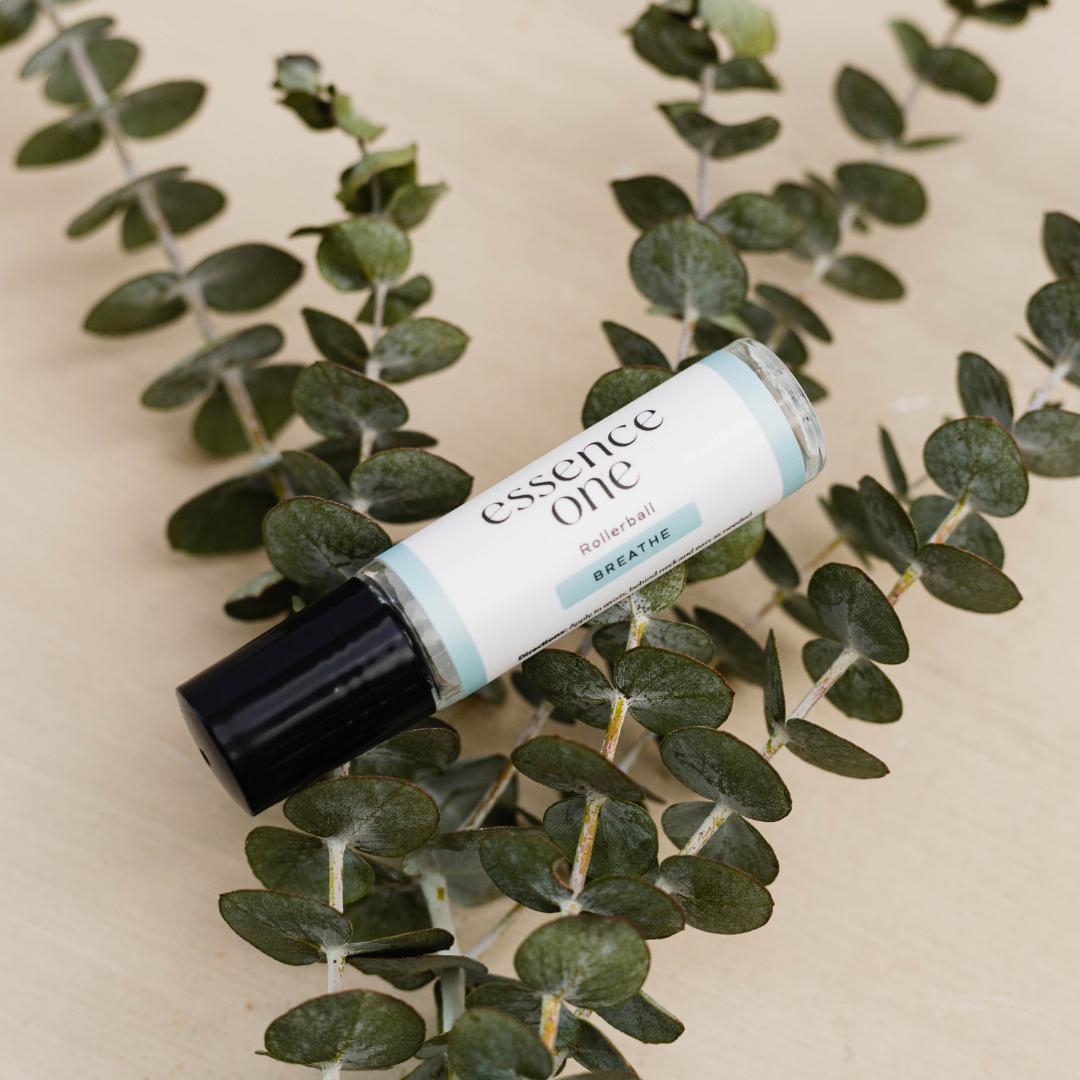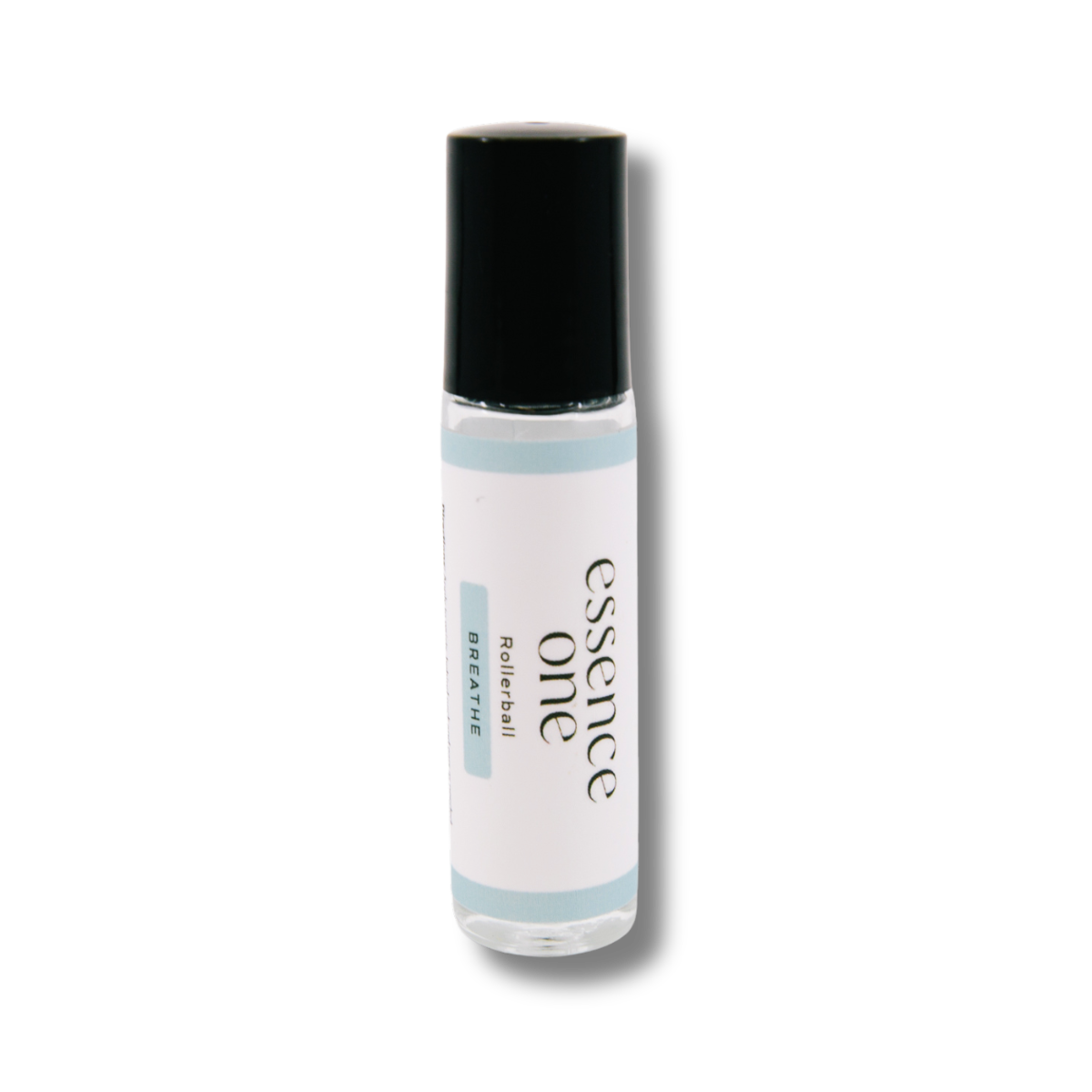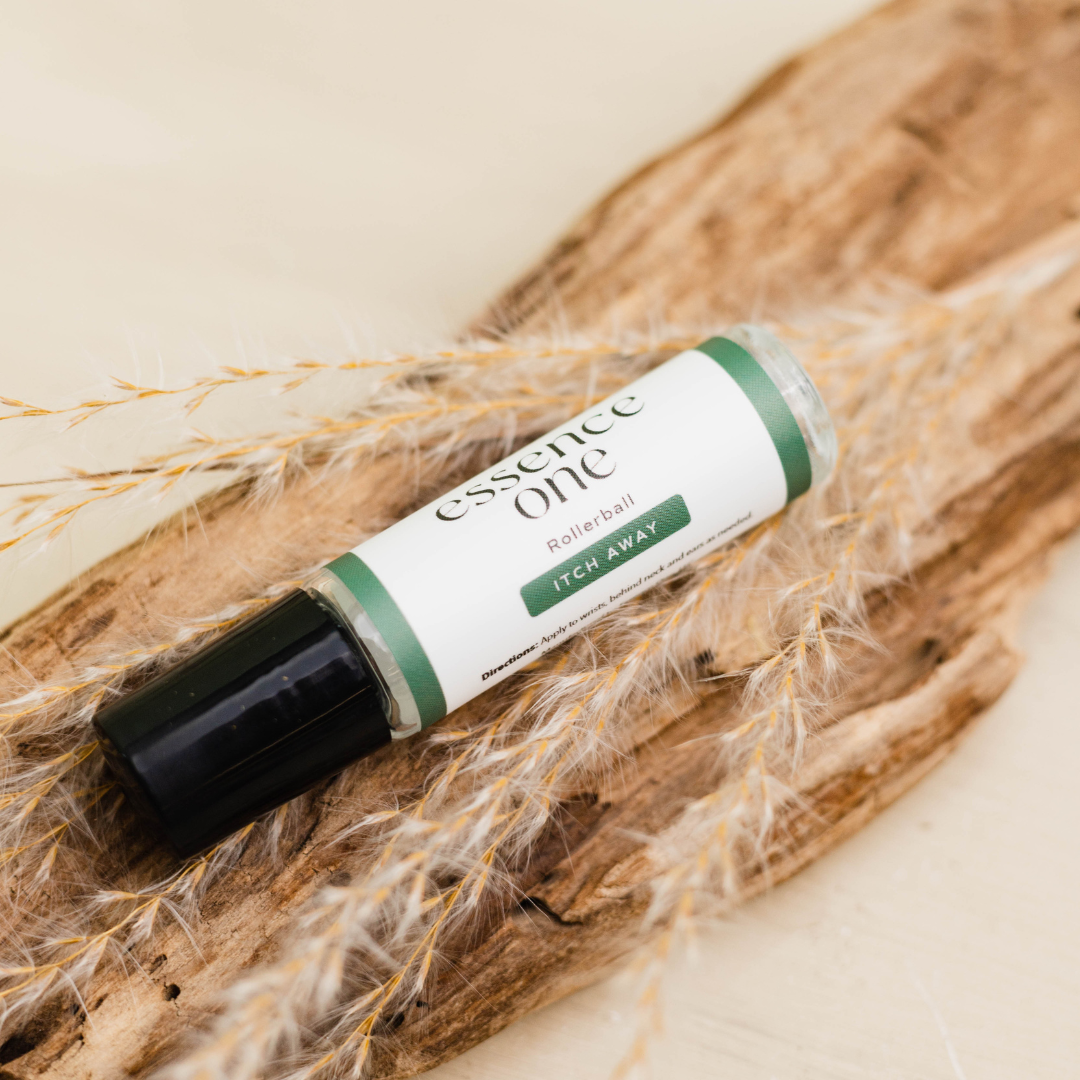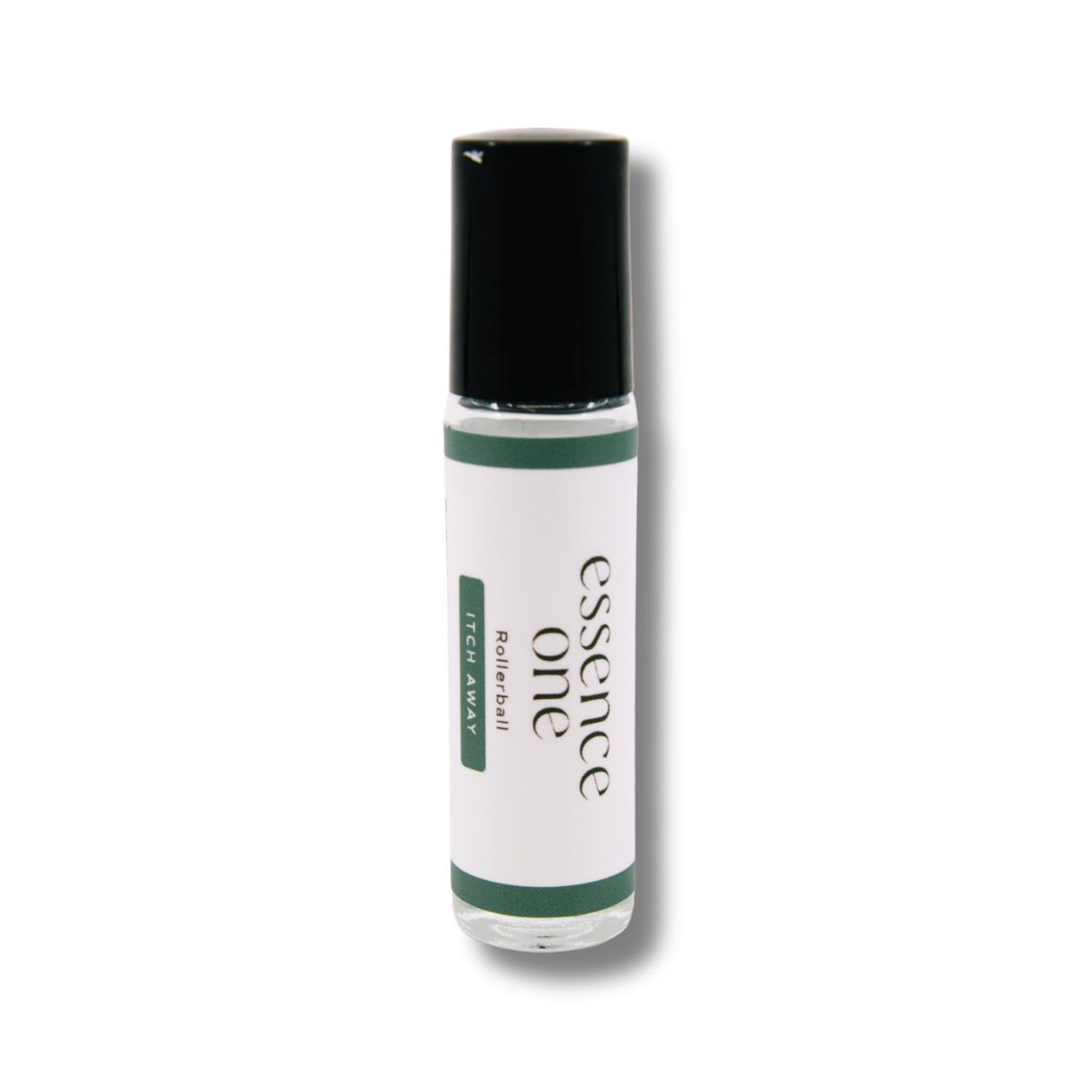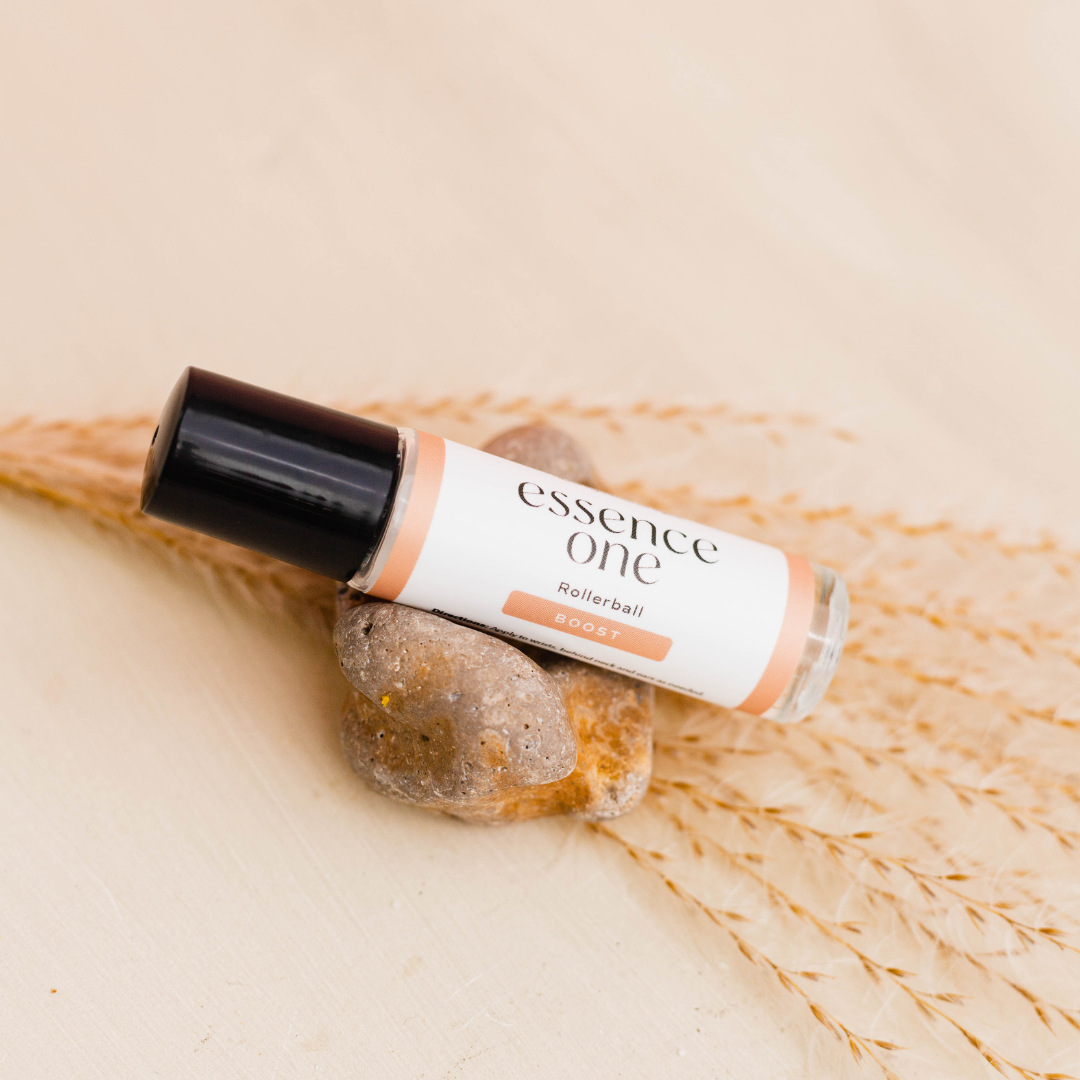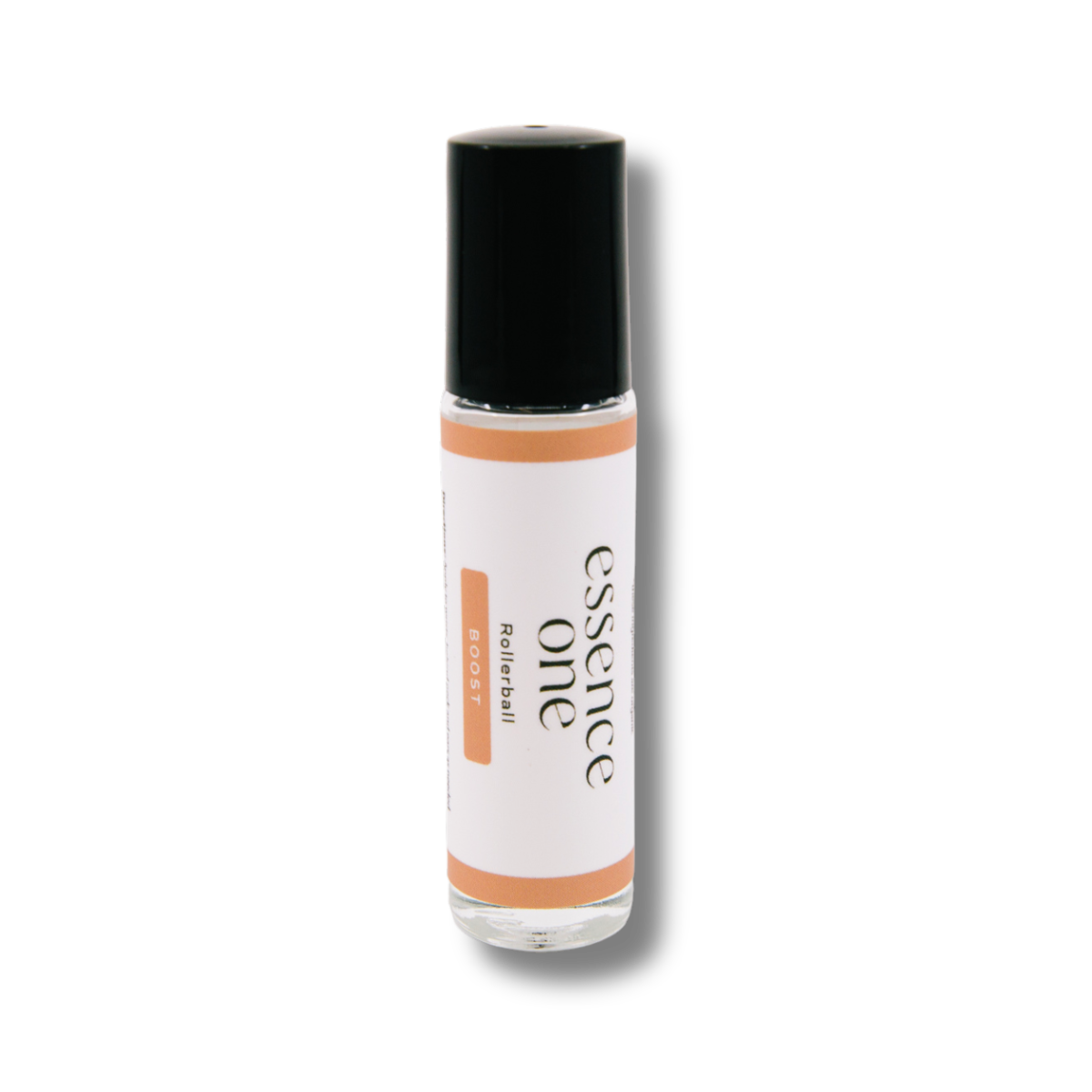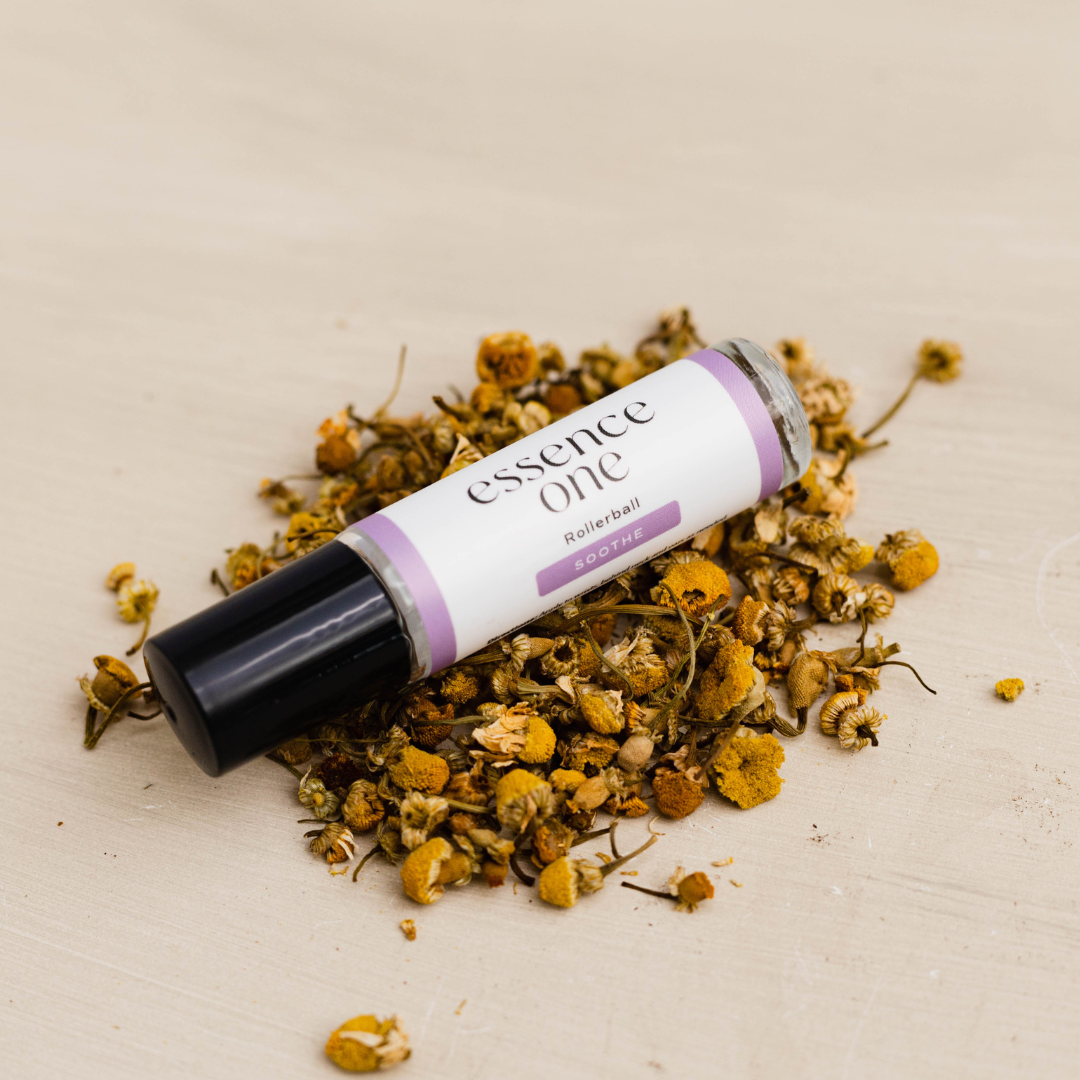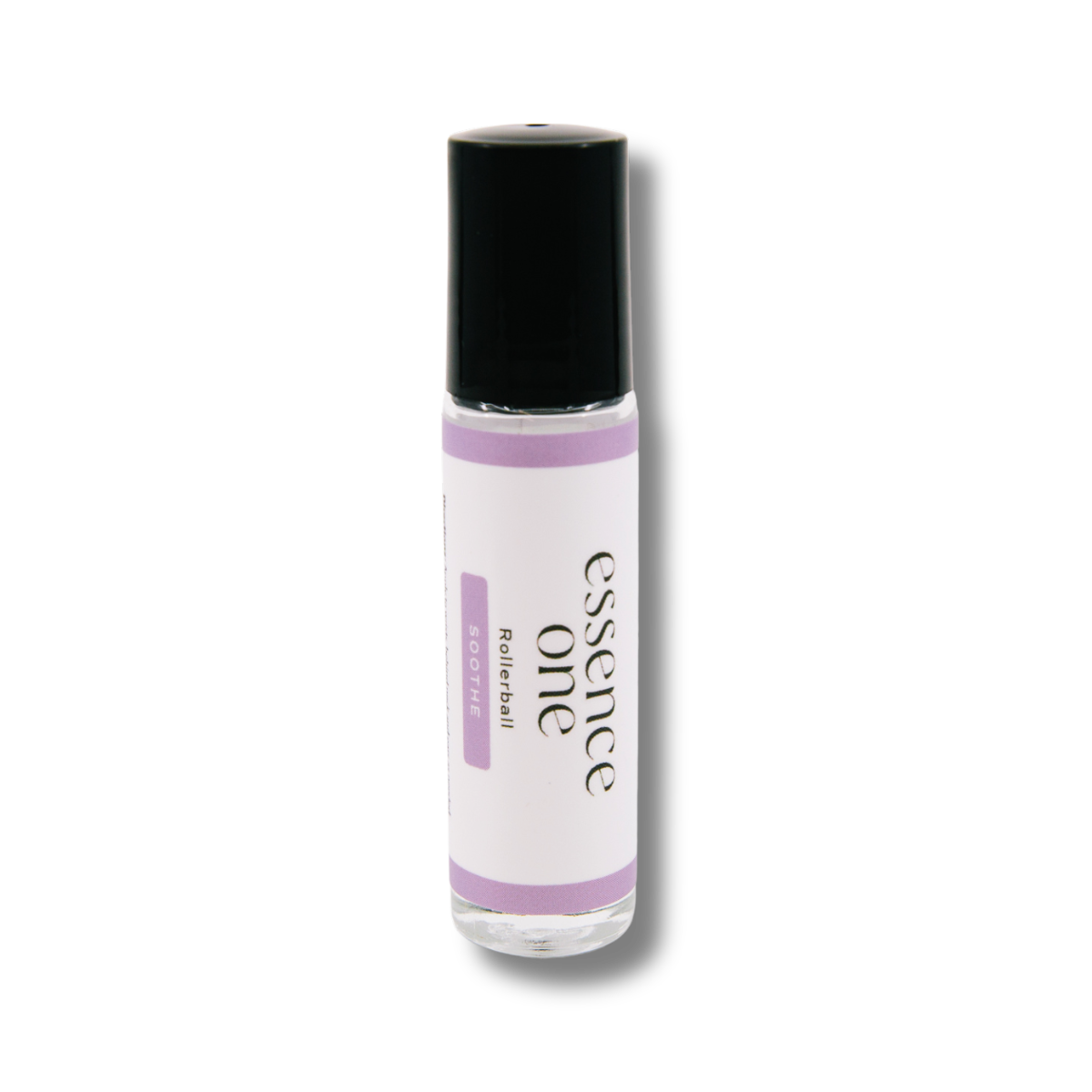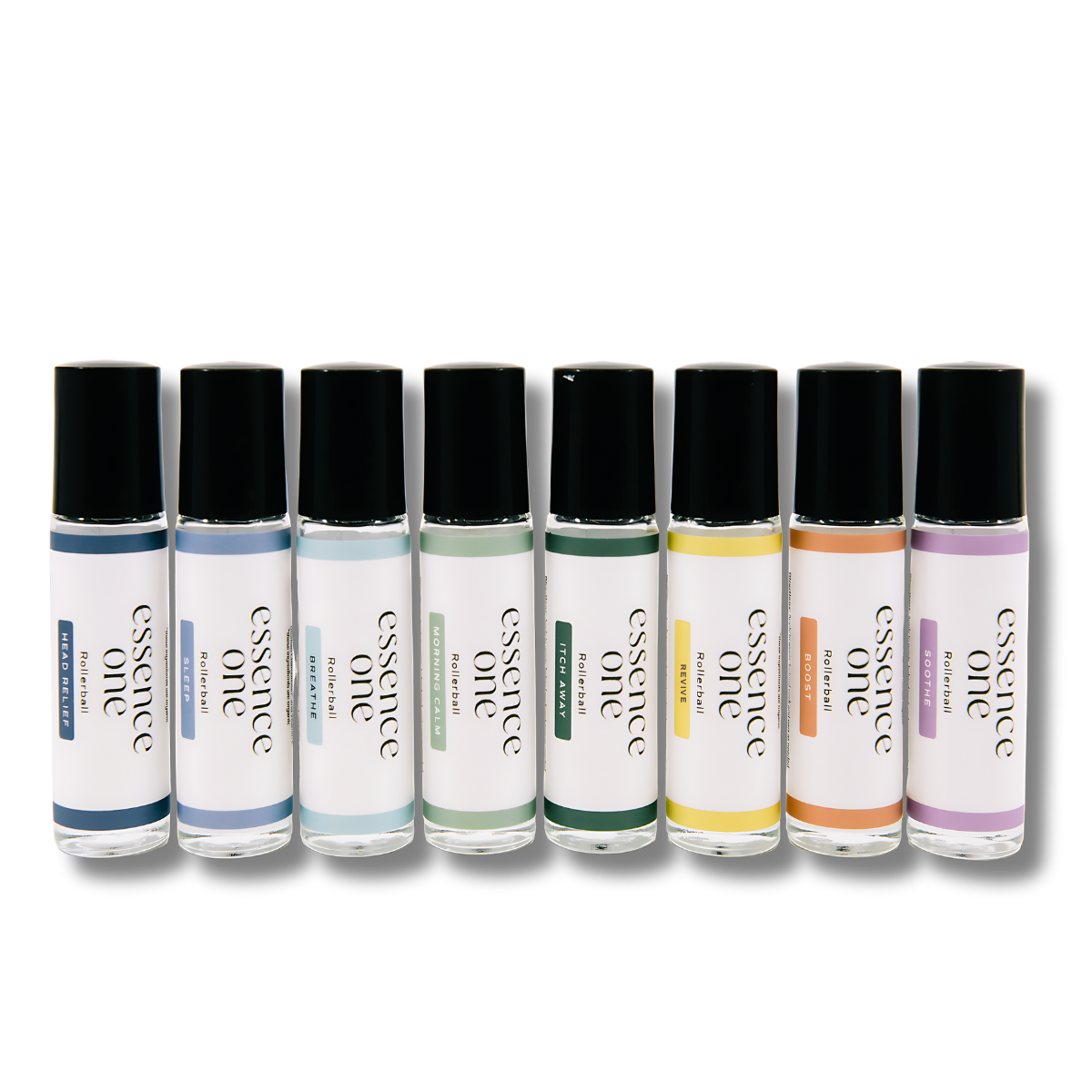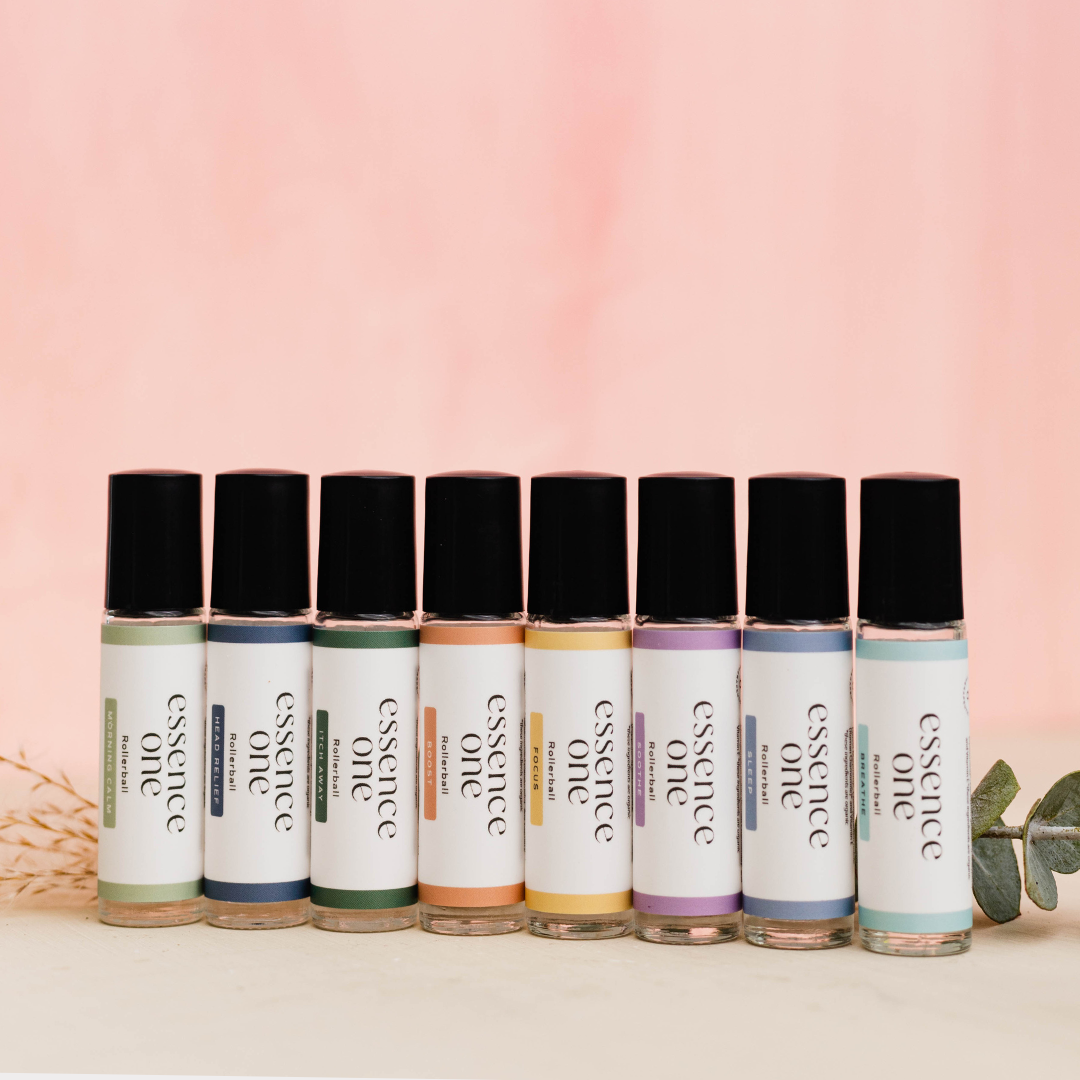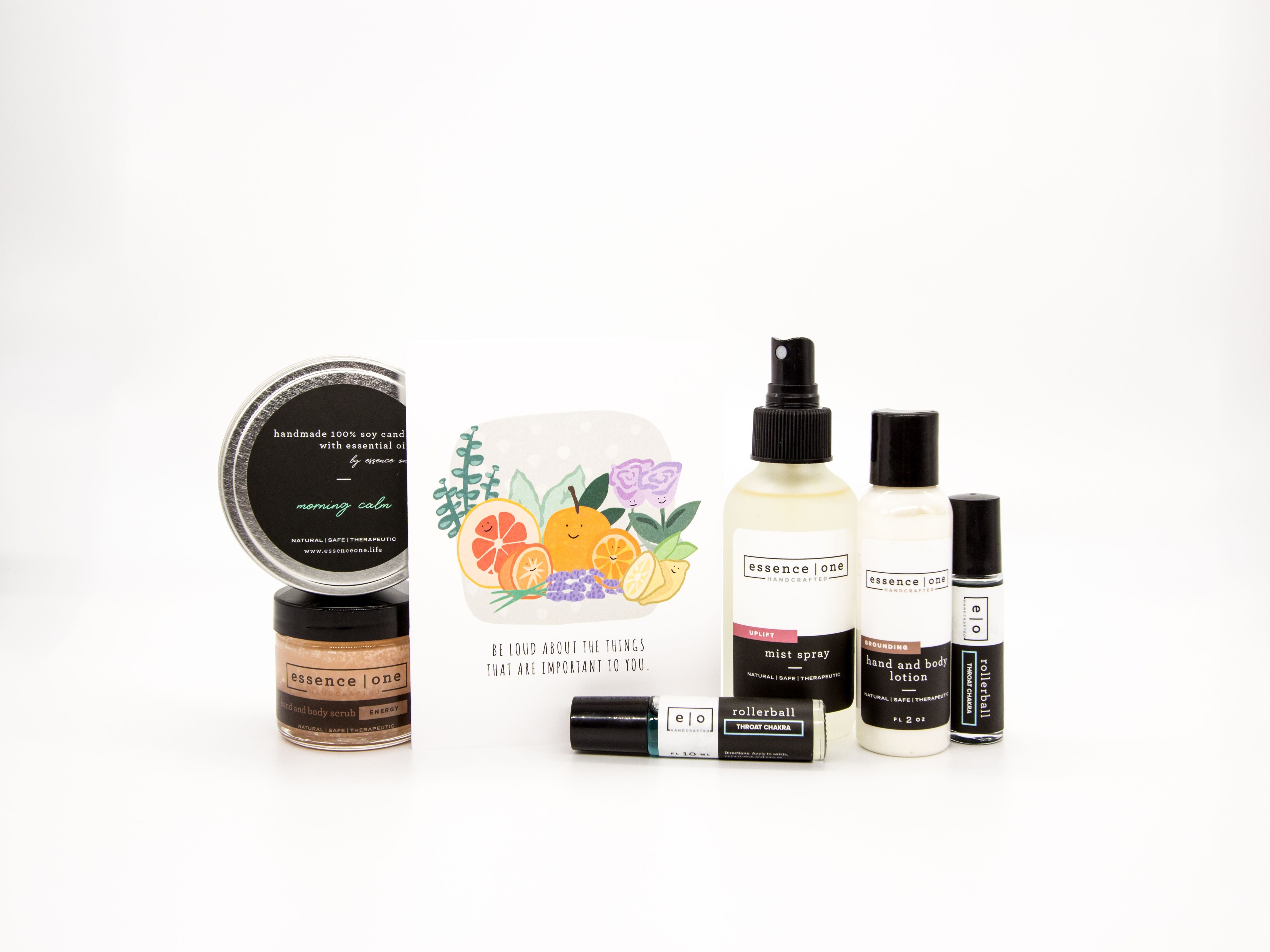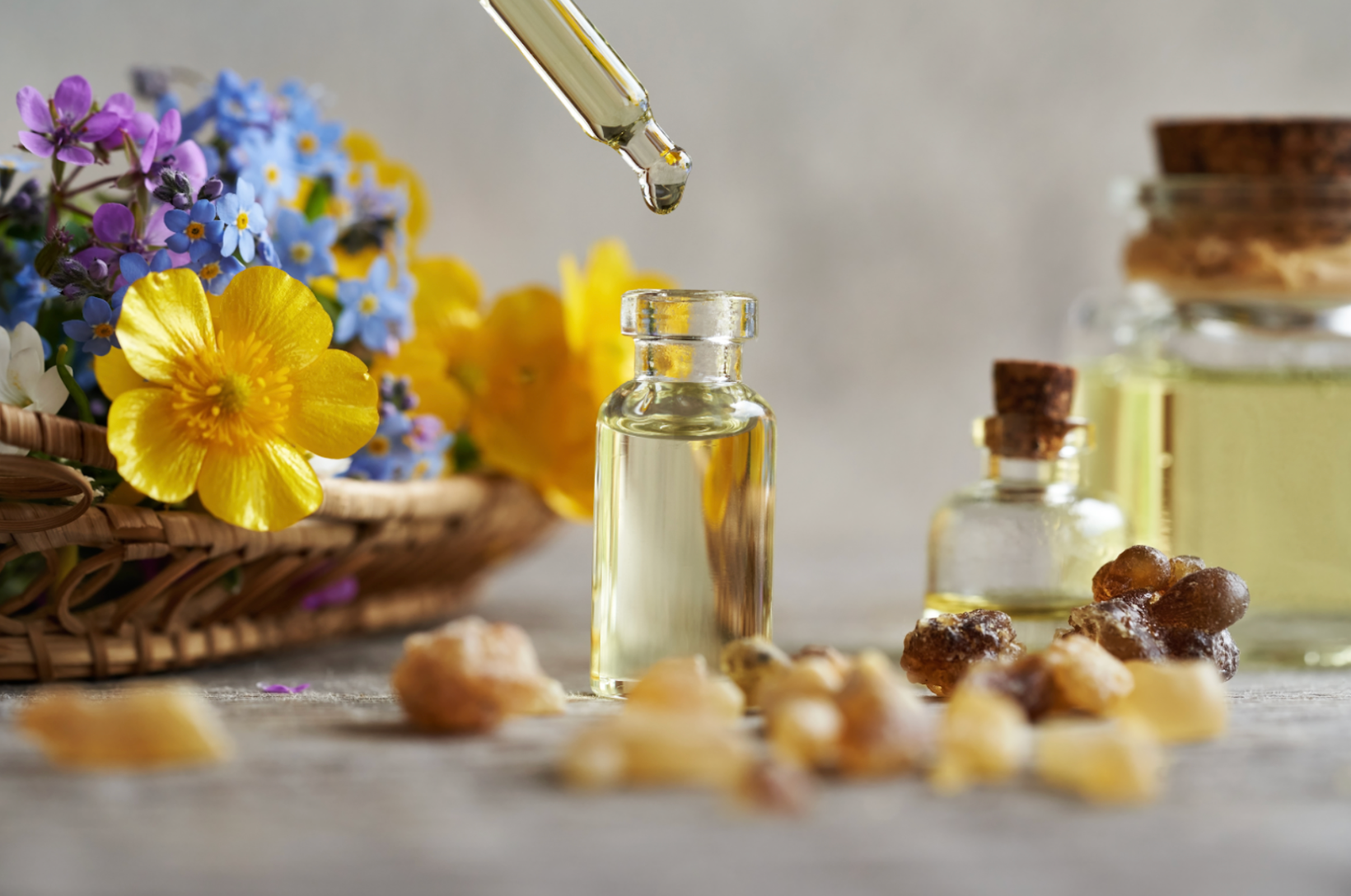
Aromatherapy for Beginners: Your Guide to Choosing the Right Essential Oils

It’s been a long, busy day, and your mind is racing with a million thoughts. You’re ready to relax, unwind, and just let go—but how do you do that?
This is where aromatherapy comes in.
Whether you’re already familiar with it or it’s your first time hearing about it, essential oils can truly work wonders. They can shift the mood in your space, ease stress, and help you sleep soundly—offering a simple, natural way to nurture your well-being.
I know that starting something new can be overwhelming, especially when there’s so much out there. But don’t worry, I’m here to help you every step of the way.
In this guide, we’ll explore the essentials of aromatherapy, help you pick the right oils for you, and answer any questions you might have.
Let’s jump into the basics and start your aromatherapy journey—safely, confidently, and with the perfect oils to kick it off.
What is Aromatherapy?
Aromatherapy is a natural healing practice that harnesses the power of plant-based essential oils to enhance your physical, emotional, and mental well-being.
The idea behind it is simple: our sense of smell has a profound impact on our emotions and mental states. When you inhale the aromatic compounds in essential oils, they interact with your olfactory system, influencing both your mood and your overall health.
Whether you’re seeking stress relief, a better night’s sleep, or just a little mood lift, aromatherapy is a versatile and powerful tool that can become a supportive part of your self-care routine.
How Do Essential Oils Work?

Essential oils are concentrated plant extracts that capture the natural scent and healing properties of flowers, herbs, trees, and fruits. They’re made using methods like steam distillation or cold pressing, and each essential oil has its own unique blend of compounds, which can affect your body and mind in different ways.
When you inhale the aroma of an essential oil, the molecules travel up your nose and stimulate the olfactory receptors in your brain. This triggers a response in the limbic system—the part of the brain that controls emotions, memory, and even things like heart rate and stress levels. That’s why certain scents, like lavender, can calm you, or citrus oils can give you an energy boost.
Essential oils can also be absorbed through the skin when applied topically. By diluting them with a carrier oil, they can penetrate the skin and provide targeted therapeutic benefits. This versatility makes essential oils a great tool for supporting your physical, emotional, and mental well-being.
Best Essential Oils for Beginners
Starting with aromatherapy can feel like a lot, but don’t worry—some essential oils are perfect for beginners because they’re super versatile and easy to use. Here are a few that I recommend keeping on hand as you begin your journey:
Lavender
Lavender is often the go-to essential oil for relaxation. If you're looking to unwind after a hectic day or create a peaceful atmosphere before bed, this is your oil. Known for its calming properties, lavender can help relieve headaches, reduce anxiety, and improve sleep quality.
Uses:
-
Relaxing before bed
-
Creating a calm, soothing atmosphere
-
Relieving tension and stress
-
Promoting restful sleep
Peppermint
If you need a pick-me-up, peppermint is a fantastic choice. This invigorating oil helps boost energy and focus while offering a cooling effect that improves circulation, relieves headaches, and clears congestion. It’s also perfect for a mental refresh, making it great when you're working or need to stay sharp.
Uses:
-
Boosting energy and alertness
-
Alleviating headaches
-
Improving focus and concentration
-
Clearing nasal congestion
Lemon
Lemon is uplifting, bright, and energizing. If you're looking to freshen up your space or need a mood boost, lemon is the oil to reach for. It can purify the air, lift your spirits, and promote mental clarity. Plus, it has natural disinfectant properties, making it a go-to for cleaning.
Uses:
-
Lifting mood and energy
-
Improving mental clarity
-
Purifying the air
-
Freshening your environment
Tea Tree
Tea tree oil is known for its purifying and antibacterial benefits. It’s great for skin care (think acne or cuts), but it’s also fantastic for clearing the air and helping with respiratory issues. If you’re looking for an all-around natural remedy, tea tree is a must.
Uses:
-
Purifying the air
-
Supporting skin health (acne, cuts, scrapes)
-
Cleaning surfaces naturally
-
Relieving respiratory issues
Eucalyptus
Eucalyptus is a powerful oil that’s perfect for easing congestion and supporting respiratory health. Its fresh, minty scent helps clear the airways and promotes mental clarity. If you’re battling a stuffy nose or want a little respiratory relief, eucalyptus will quickly become your go-to.
Uses:
-
Easing respiratory issues
-
Relieving nasal congestion
-
Promoting mental clarity
-
Supporting immune function
These five oils are just the beginning, and I promise you’ll find so many more that will support your health and wellness. Starting with these basics will give you a solid foundation as you dive deeper into the world of aromatherapy.
How to Use Essential Oils
Now that you've got a few essential oils on hand, you’re probably wondering, how do you use them? The beauty of essential oils is that they’re incredibly versatile. Here are a few ways you can incorporate them into your routine, whether you want to unwind, refresh, or promote well-being:
Diffusing
Diffusing is probably the most popular way to enjoy essential oils, and a personal favorite.
With a diffuser, you can disperse your favorite oil’s aroma throughout your home, office, or any space you want to enhance. Just add a few drops of essential oil to the diffuser, and it’ll fill the air with a calming or energizing fragrance.
I find this method is perfect for setting the mood, whether I’m trying to create a relaxing environment in the living room or boosting focus in my workspace. It’s a simple, effortless way to transform any environment and elevate the mood.
Topical Application
Essential oils can also be applied directly to the skin, but remember to dilute them with a carrier oil, like coconut, jojoba, or almond oil. The carrier oil helps to spread the essential oil safely and promotes absorption.
You can apply the diluted oil to pulse points like your wrists, temples, or neck for a calming or energizing effect, or target areas like sore muscles or blemishes. Just remember to patch test a small area first to ensure you don’t have any adverse reactions.
Bath Time
I love turning an ordinary bath into a spa-like experience by adding a few drops of essential oil to my bathwater. Oils like lavender and eucalyptus are luxurious and especially wonderful for relaxing muscles, promoting calm, and supporting respiratory health.
As the warm water disperses the oils, you get the benefit of inhaling the soothing aromas while absorbing the oils’ therapeutic properties through your skin. It’s the perfect way to unwind after a long day.
Room Sprays
Want to freshen up your space? Make your own room spray! This simple activity is a regular go-to in my household. Just mix water with a few drops of your favorite essential oil in a spray bottle.
Not only will it make your home smell inviting, but it’s a natural alternative to store-bought air fresheners, which often contain synthetic chemicals. You can choose a single scent like lavender for its calming effects, or get creative and blend oils to match your mood.
For instance, I personally mix citrus oils like lemon or orange with peppermint for a refreshing scent, or combine vanilla and cinnamon for a cozy vibe during colder months. Room sprays are also great for purifying the air—oils like tea tree, eucalyptus, and lemon help cleanse the air and promote a fresh atmosphere.
With these methods, you can easily integrate essential oils into your daily life, transforming your home, mind, and body naturally. I know my life wouldn’t be the same without my trusty room sprays!
Safely Using Essential Oils as a Beginner
Essential oils are powerful and can provide amazing benefits, but it’s important to use them properly to avoid any unwanted side effects. Here are some essential safety tips for beginners:
Dilution is Key
Essential oils are highly concentrated, so always dilute them with a carrier oil before applying to your skin.
A general guideline is 1-2 drops of essential oil per tablespoon of carrier oil (like coconut or jojoba). Some oils, such as peppermint and cinnamon, are stronger, so use extra caution when diluting these.
Patch Test
Before applying any essential oil to a large area of your skin, always do a patch test. Apply a small amount of the diluted oil to an inconspicuous spot (like the inside of your forearm), and wait 24 hours to check for any allergic reactions, redness, or irritation.
Avoid Direct Inhalation
While it’s tempting to inhale essential oils straight from the bottle, it’s better to use a diffuser or inhaler to disperse the scent into the air. Direct inhalation of undiluted oils can cause irritation, dizziness, or even headaches.
Use in Moderation
Essential oils are potent, so a little goes a long way. Start with a few drops and see how your body reacts. If you use too much, you may experience irritation, headaches, or other side effects. Moderation is key for safe and enjoyable use.
By following these simple safety guidelines, you can enjoy the full benefits of essential oils while minimizing any risks.
Aroma, Wellness, and Beyond: The Benefits of Essential Oils
Essential oils are so much more than just pleasant fragrances—they bring a wealth of therapeutic benefits for both your mind and body. Trust me, once you incorporate them into your routine, you'll wonder how you ever lived without them. Here’s how they can elevate your wellness journey:
Stress Relief
When life feels a little too overwhelming, turning to essential oils like lavender, chamomile, and frankincense can work wonders. These calming oils help melt away stress, ease anxiety, and create a peaceful environment, almost like a gentle hug for your mind. A few deep breaths with these oils, and you’ll feel your tension start to dissolve, making it easier to relax and find your inner peace.
Improved Sleep
For those nights when your mind just won’t quiet down, lavender and cedarwood oils are your best friends. Their soothing properties create a restful atmosphere that helps unwind your thoughts and relax your body. Whether you add a few drops to your diffuser or apply them directly to your pillow, you’ll soon drift off into a deep, peaceful sleep that will leave you feeling refreshed the next morning.
Energy Boost
When you’re feeling sluggish and need a natural pick-me-up, look no further than the vibrant scents of lemon, peppermint, or citrus oils. These oils are like a breath of fresh air for your senses—they help clear mental fog, improve focus, and give you that burst of energy to stay alert and motivated throughout the day. It’s a simple, natural way to stay productive without reaching for that extra cup of coffee.
Incorporating essential oils into your wellness routine is such an easy, enjoyable way to support both your mental and physical well-being. Whether you're unwinding after a long day or need a quick energy boost, these oils have got you covered, naturally!
Final Thoughts: Ready to Begin Your Aromatherapy Journey?
Aromatherapy offers an easy and accessible way to enhance your daily routine. Whether you're looking to relax, boost your mood, or find a natural remedy, essential oils can help create the ideal environment to support your needs.
As you start, take your time to explore various oils and methods of use. Experimenting with different combinations will help you discover what works best for you.
Ready to begin? Start with some of the top essential oils for beginners and dive into the world of aromatherapy with Essence One. The benefits are just a few drops away!

